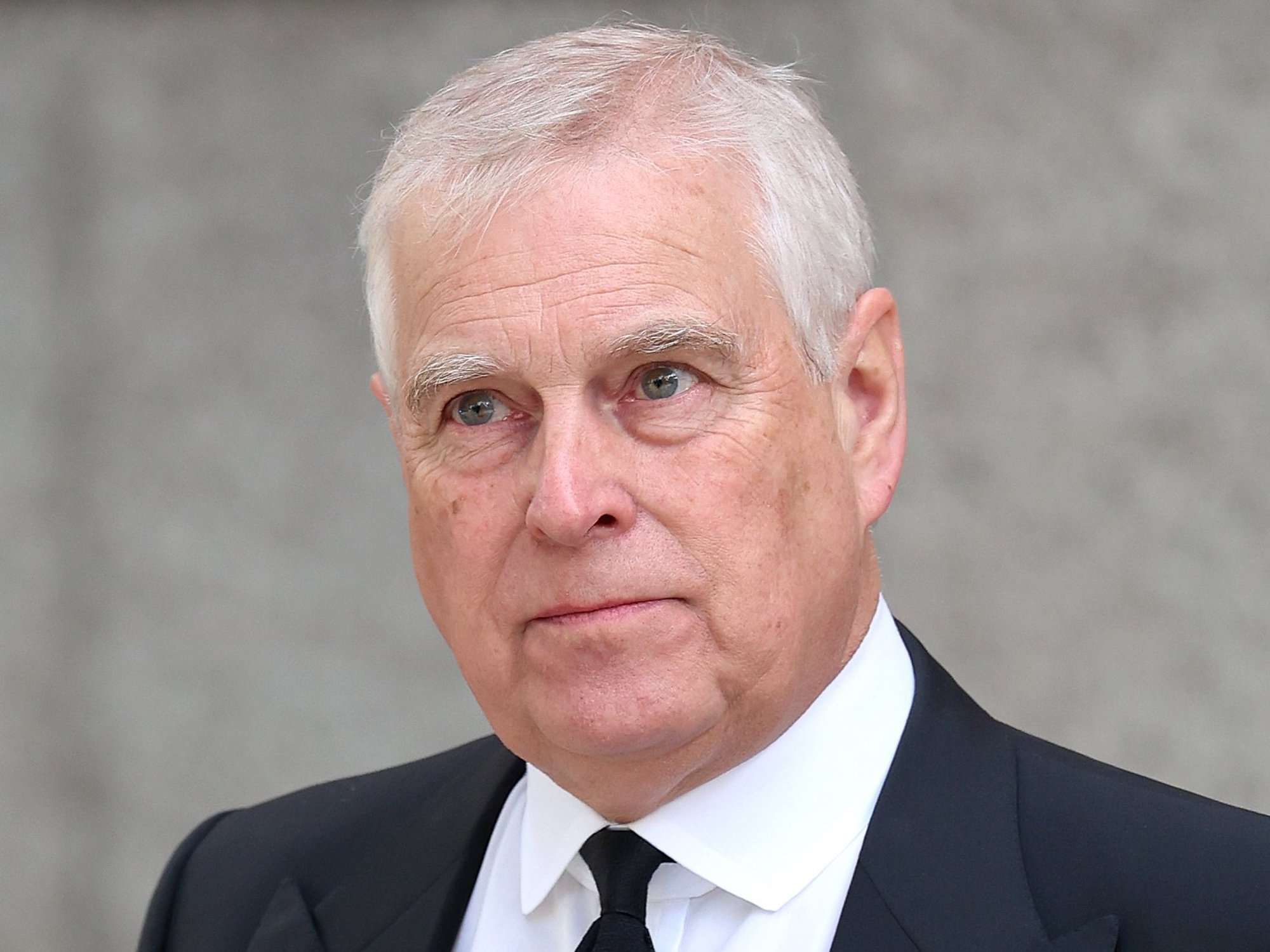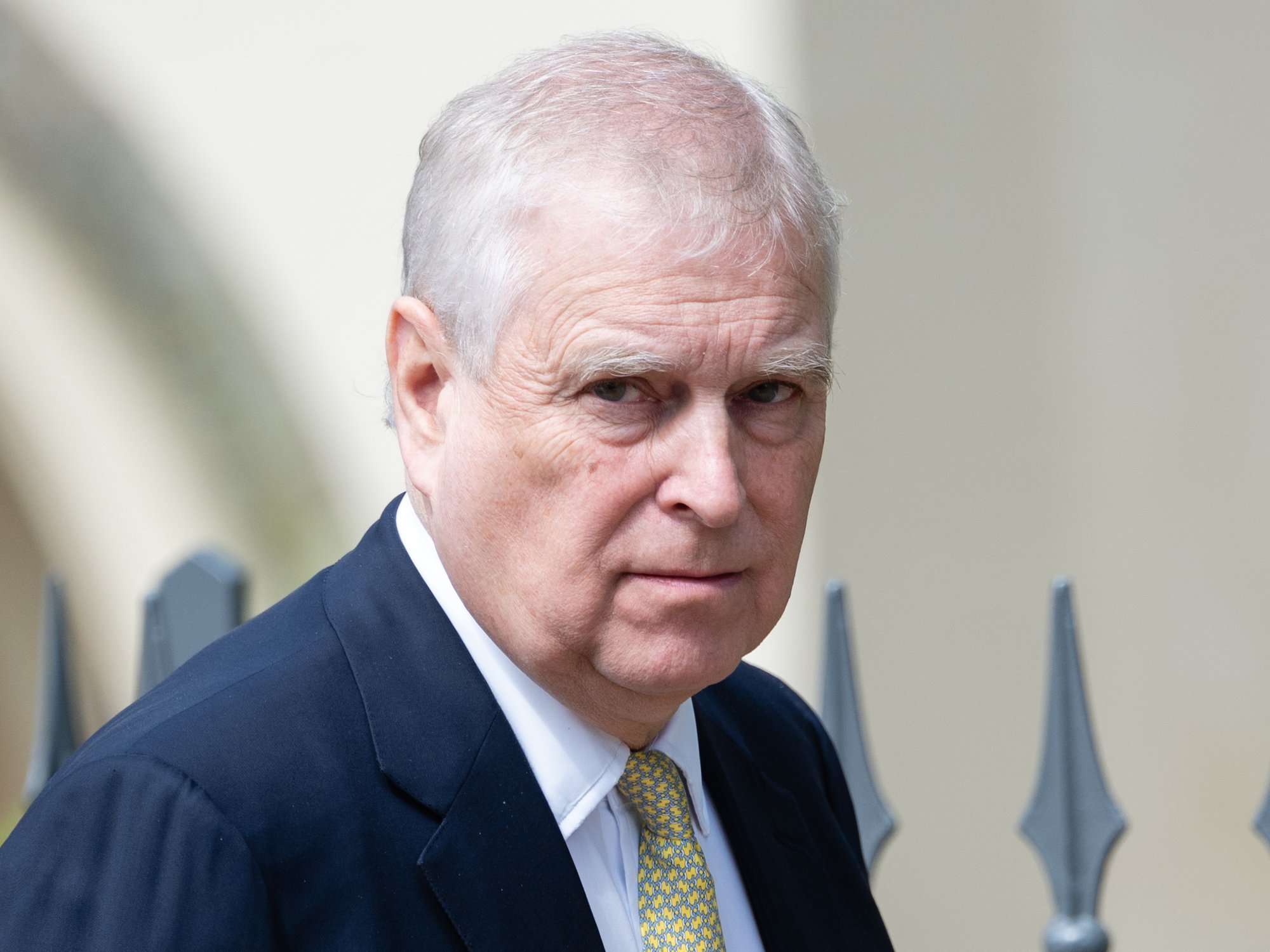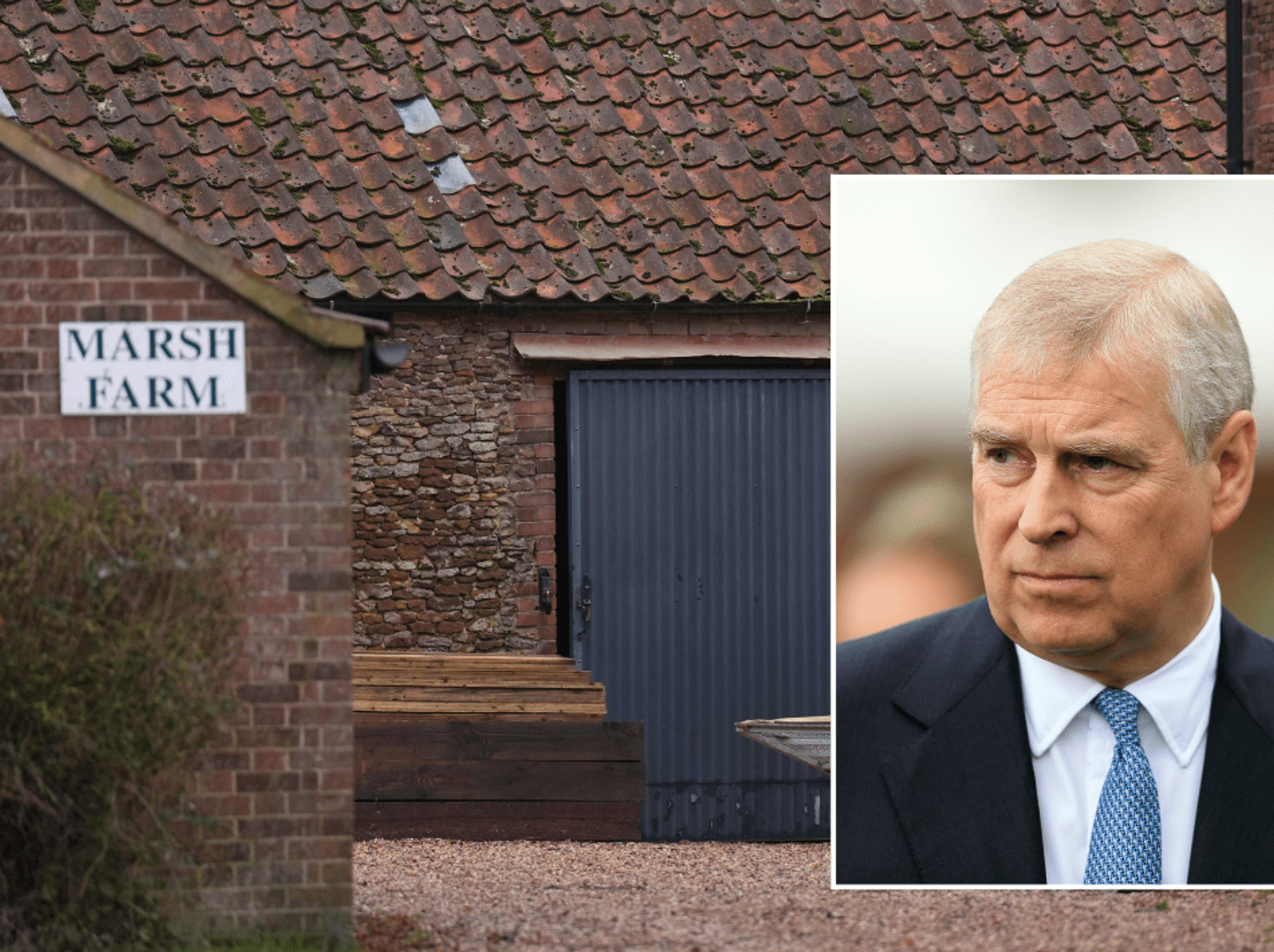Cancer patient hails 'life-changing' new treatment with NHS to become first to offer therapy worldwide

The therapy represents a major advance in treating incurable blood cancer
Don't Miss
Most Read
The NHS in England has become the first healthcare system worldwide to provide a groundbreaking cancer treatment that can significantly extend the lives of myeloma patients.
The therapy, called belantamab mafodotin, represents a major advance in treating this incurable blood cancer.
Clinical trials have demonstrated that this innovative treatment can halt the progression of myeloma for three years, a dramatic improvement over existing therapies that typically manage the disease for just 13 months.
The drug will benefit approximately 1,500 patients annually who have not responded to first-line treatments.

The treatment employs a mechanism that experts have dubbed 'Trojan horse' therapy
|GETTY
The National Institute for Health and Care Excellence has approved the therapy after determining it offers value for money for NHS use.
The treatment employs an innovative mechanism that experts have dubbed "Trojan horse" therapy, named after the legendary Greek siege tactic.
It works by binding lethal chemotherapy drugs to specially designed antibodies that seek out and attach to markers on the surface of cancerous plasma cells.
Once these antibodies lock onto the cancer cells, they are absorbed inside where they release their toxic payload to destroy the malignancy from within.
This targeted approach delivers higher doses of chemotherapy directly to cancer cells whilst minimising damage to healthy tissue.
Professor Peter Johnson, NHS England's national clinical director for cancer, described the difference as "life-changing" for patients with myeloma.
Paul Silvester, a 60-year-old from Sheffield, is among the first patients to receive the new therapy through an early access scheme.
Diagnosed with myeloma nearly two years ago after the cancer caused fractures in his spine, he experienced a relapse following a bone marrow transplant last Christmas.
Within weeks of starting belantamab mafodotin, Paul achieved remission.
He told the BBC the treatment has been "absolutely life-changing" and was "creating that opportunity to enjoy" life.
Unlike other treatments that could have required months of isolation in his bedroom, Paul now enjoys "a good normal life" and is planning visits to historical sites, including Hadrian's Wall.
He's also looking forward to attending his daughter's graduation later this year.
The therapy's approval marks a significant milestone in cancer treatment, with Health Minister Karin Smyth stating: "This ground-breaking therapy puts the NHS at the forefront of cancer innovation."
LATEST DEVELOPMENTS

Experts have said the drug could transform the lives of thousands
|PA
Professor Martin Kaiser from the Institute of Cancer Research called these "very smart drugs" and noted the side effects are "really remarkable" compared to other treatments.
While some patients may experience dry eyes and blurred vision, these effects are considerably milder than those of traditional chemotherapy.
Looking ahead, Professor Kaiser believes long-term remission rates will exceed 50 per cent within five years, representing "an important step towards a functional cure" for myeloma.
Shelagh McKinlay from Myeloma UK said the approval would "transform the lives of thousands".











